9 Everyday Foods That Are Deadly for Your Rabbit
Rabbits might look like tiny vacuum cleaners with fur, but their stomachs are way more delicate than they let on. Some foods that seem harmless—or even healthy—can actually send your bunny into a serious medical emergency. Here’s a rundown of a few everyday foods that are surprisingly dangerous, even deadly, for a rabbit’s curious little mouth.
Onions

Credit: flickr
Cooked or raw, onions contain compounds called thiosulphates that break down red blood cells and cause a dangerous condition called hemolytic anemia. Even a small bite could lead to weakness, breathing trouble, or worse. Rabbits don’t have the same defenses against these pungent bulbs as humans.
Potatoes

Credit: flickr
A raw potato might seem like a bland, harmless snack, but it’s hiding something sneaky: solanine. This natural chemical is toxic to rabbits and can affect their nervous systems. Cooked potatoes lose most of that threat, but they’re still too starchy and heavy for a rabbit’s delicate digestive system.
Chocolate

Credit: flickr
Chocolate and rabbits do not mix, no matter how tempting it smells. The caffeine and theobromine in chocolate are a double threat. These compounds overstimulate a rabbit’s heart and nervous system. Dark chocolate is the worst offender, but all types are unsafe, even the tiniest bit.
Avocado

Credit: flickr
Avocados are packed with nutrients for humans. But for rabbits, they’re a toxic trap. Every part of the fruit, from the creamy flesh to the skin and even the pit, contains a substance called persin. This compound can cause severe breathing issues and, in large amounts, lead to heart failure.
Apple Seeds
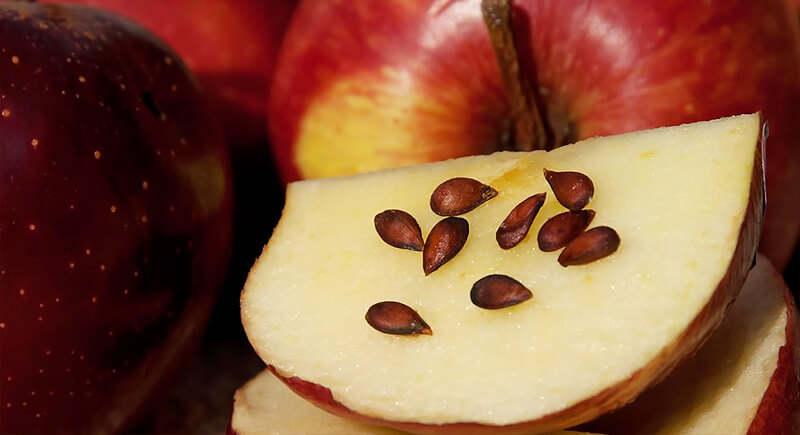
Credit: flickr
Apples are mostly safe, but their seeds are a big problem. They contain amygdalin, a substance that converts to cyanide once digested. That’s a hard no for rabbits. A slice of peeled apple makes a nice occasional treat; just ensure that it’s seed-free every single time.
Mushrooms

Credit: flickr
Wild or store-bought mushrooms don’t belong on your rabbit’s menu. Even grocery mushrooms like button or portobello haven’t been proven safe. Some contain trace compounds that rabbits simply can’t process. Wild mushrooms are a no-brainer—completely off-limits due to how unpredictable their toxicity can be.
Iceberg Lettuce
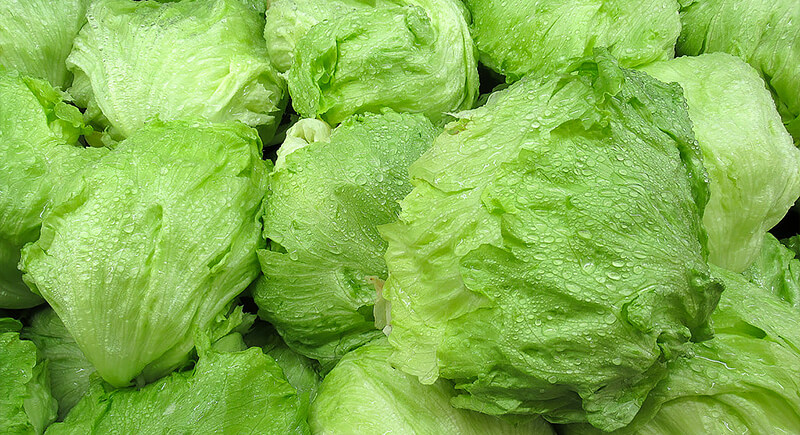
Credit: flickr
This one surprises a lot of people. While lettuce is a classic rabbit food, the iceberg is not. It’s mostly water and offers little nutrition, which can upset your rabbit’s tummy without giving anything back. Even worse, it contains a compound called lactucarium that can cause diarrhea and lethargy in large amounts.
Beans

Credit: flickr
Both raw and cooked beans are a no-go. They’re packed with lectins, which are toxic and can interfere with digestion in a big way. These legumes are too rich and gassy for a rabbit’s sensitive gut. Anything that causes blockages in their digestive systems or slows things down spirals fast.
Bread

Credit: flickr
Bread might be soft, but it’s hard on rabbits. Their bodies weren’t built to digest refined grains or starchy baked goods. Even a crust can throw off their digestive rhythm. Plus, it can expand in the gut and cause dangerous blockages.
Crackers
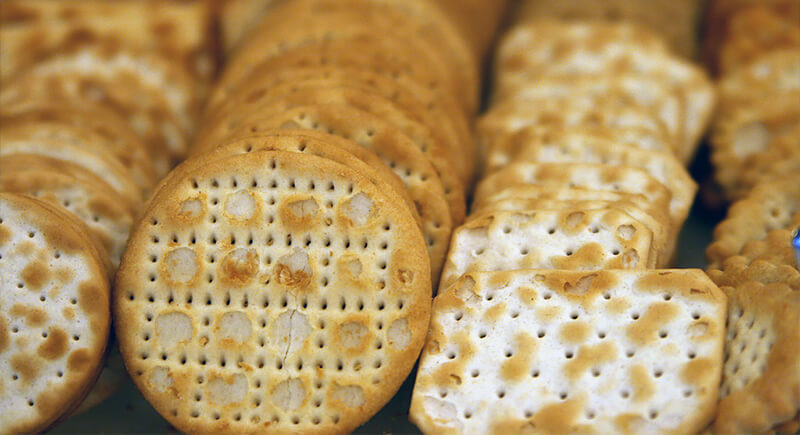
Credit: flickr
Saltines, graham crackers, cheese crackers—they’re all rabbit no-nos. These snacks contain salt, sugar, and processed ingredients that don’t sit well with small animals. Even small amounts can cause dehydration and gastrointestinal issues. Some crackers are also baked with onion or garlic powder, which adds another layer of danger.
Cereal
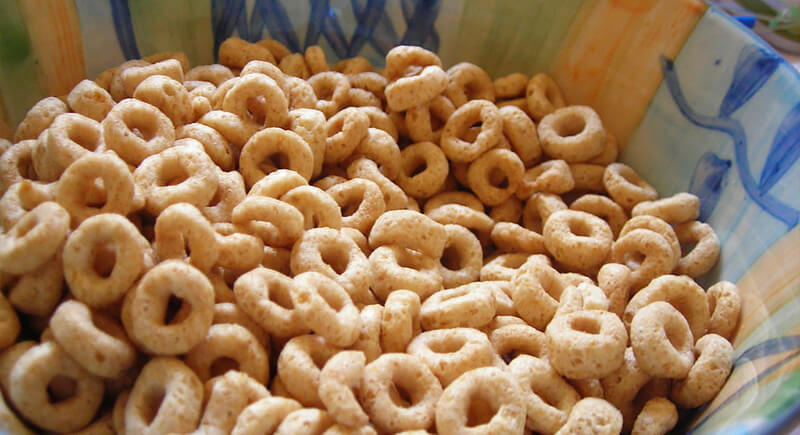
Credit: flickr
Most cereals are loaded with sugar, artificial flavors, or grains that they can’t digest properly. Even the plain stuff like cornflakes or oats-in-a-box isn’t safe. So skip the morning share and save cereal for humans—it’s sweet for us but way too risky for the little hopper.
Corn

Credit: flickr
Corn kernel hulls can get stuck in a rabbit’s digestive tract and create dangerous blockages. Even ground-up corn in pellet mixes has caused enough trouble to make many vets warn against it entirely. Wild rabbits might nibble a stalk in the field, but pet rabbits are better off without it.
Cabbage

Credit: flickr
Cabbage isn’t deadly in small doses, but it’s a gas machine in bunny bellies. Some rabbits occasionally handle a few leaves, but too much leads to painful bloating. Their stomachs can’t release gas easily; once pressure builds up, it becomes a serious emergency.
Dairy Products
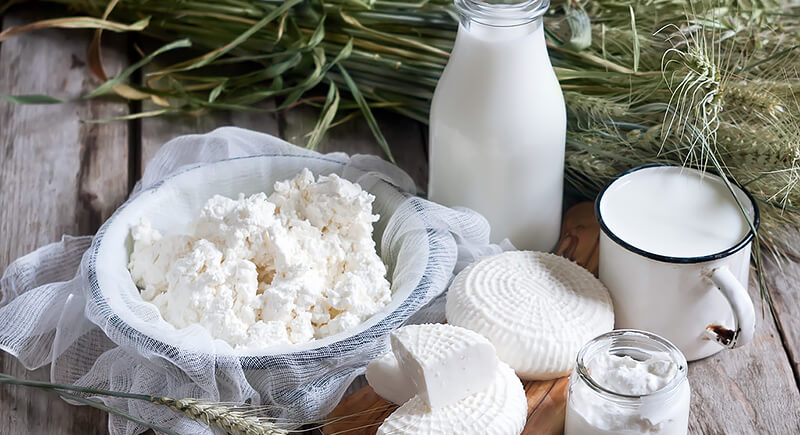
Credit: flickr
Rabbits are lactose intolerant by nature and don’t produce the enzymes needed to digest dairy. While some pet stores once sold yogurt treats, most vets warn against them. Their systems thrive on fiber, not animal products. It might feel like spoiling them, but you’re setting off an upset stomach.
Sugary Fruits
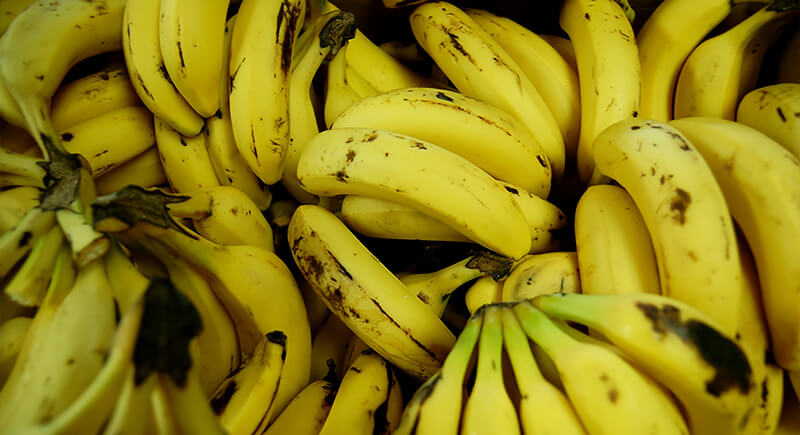
Credit: flickr
Fruit isn’t off-limits entirely, but too much sugar throws your rabbit’s gut bacteria into chaos. Bananas, grapes, apples—these are packed with natural sugars that cause bloating, weight gain, and even tooth decay if fed in excess. A tiny slice once a week is enough.